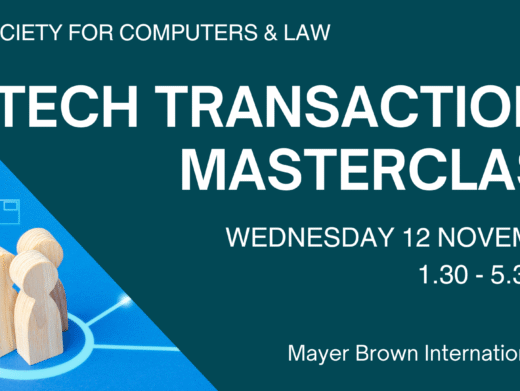The Advocate General has delivered his opinion in C-695/20
| Fenix International. Article 28 of the VAT Directive says that intermediaries, acting in their own name but on behalf of another person in relation to a supply of services, receive and make the supply. Article 9a of Council Implementing Regulation (EU) 2828/2011 states that intermediaries “taking part” in electronically supplied services through online platforms are presumed to be acting in their own name unless a provider is unambiguously specified, and invoices and receipts supplied. Article 9a also states that an intermediary that sets the terms and conditions of the supply cannot designate another person as the provider.
Fenix, is registered for VAT purposes in the UK and operates the online platform Only Fans. Its users are divided into “creators” and “fans”. Fenix is responsible for collecting and distributing the payments made by fans, charging creators an amount of 20% of the sums paid by their fans by way of a deduction. In this case, Fenix charged and accounted for VAT on a tax base constituted by the 20% deduction.
HMRC took the view VAT should be paid on all the sums paid by fans, not just the 20% deduction. It sent Fenix assessments for the VAT it considered was due. Fenix appealed and the tax tribunal referred the issue to the Court of Justice. The tribunal asked if Article 9a that provides that an online intermediary linking service providers with their customers is, in principle, liable to pay VAT is valid in the light of the concept of ‘implementing power’ that the Council has under the Treaty on the Functioning of the European Union and the VAT Directive.
Advocate-General (AG) Rantos said that an implementing act must comply with the essential general aims of the basic legislative act. In addition, an implementing act must be necessary or appropriate to implement the basic legislative act in that it provides further detail in relation to its content without supplementing or amending it, including its non-essential elements.
The AG also noted that the relevant provision in the VAT Directive does not contain any restrictions as to its scope or its extent. Accordingly, no category of services is excluded from its substantive scope. Article 9a respects the essential general aims pursued by the VAT Directive.
The AG also took the view that it has a purely technical nature, as it provides criteria to identify the supplier of services to determine who is liable to pay VAT. Without such clarification, the problem of the double taxation of cross-border transactions can arise or, conversely, that of non-taxation in a chain that involves an online platform.
The Advocate General also pointed out that the concept of a ‘taxable person acting in his own name but on behalf of another person’, appears in the VAT Directive itself. Thus, Article 9a could not be regarded as amending or supplementing the VAT Directive.
The AG rejected Fenix’s argument that Article 9a transfers the liability for payment of VAT to the intermediary, in breach of the VAT Directive. The Directive itself effects such a transfer of liability, the detailed rules of which are merely determined by Article 9a as regards services supplied electronically. Article 9a takes account of the economic and commercial realities of a given transaction rather than just the contractual relationships relating to it. In addition, in the context of a chain of transactions relating to the supplies of services via e-commerce, the commission agent is, in principle, an opaque intermediary. Even though there are cases where the agency is evident, and the identity of the principal is known, this does not mean that Article 9a would be invalid.
Accordingly, the Advocate General proposed that the Court confirm the validity of Article 9a saying that an online intermediary is liable to pay VAT. However, he did say that if the Court were to decide that it was invalid, its application to historic sales should be limited to the taxpayer. This was due to the significant sums at stake.




